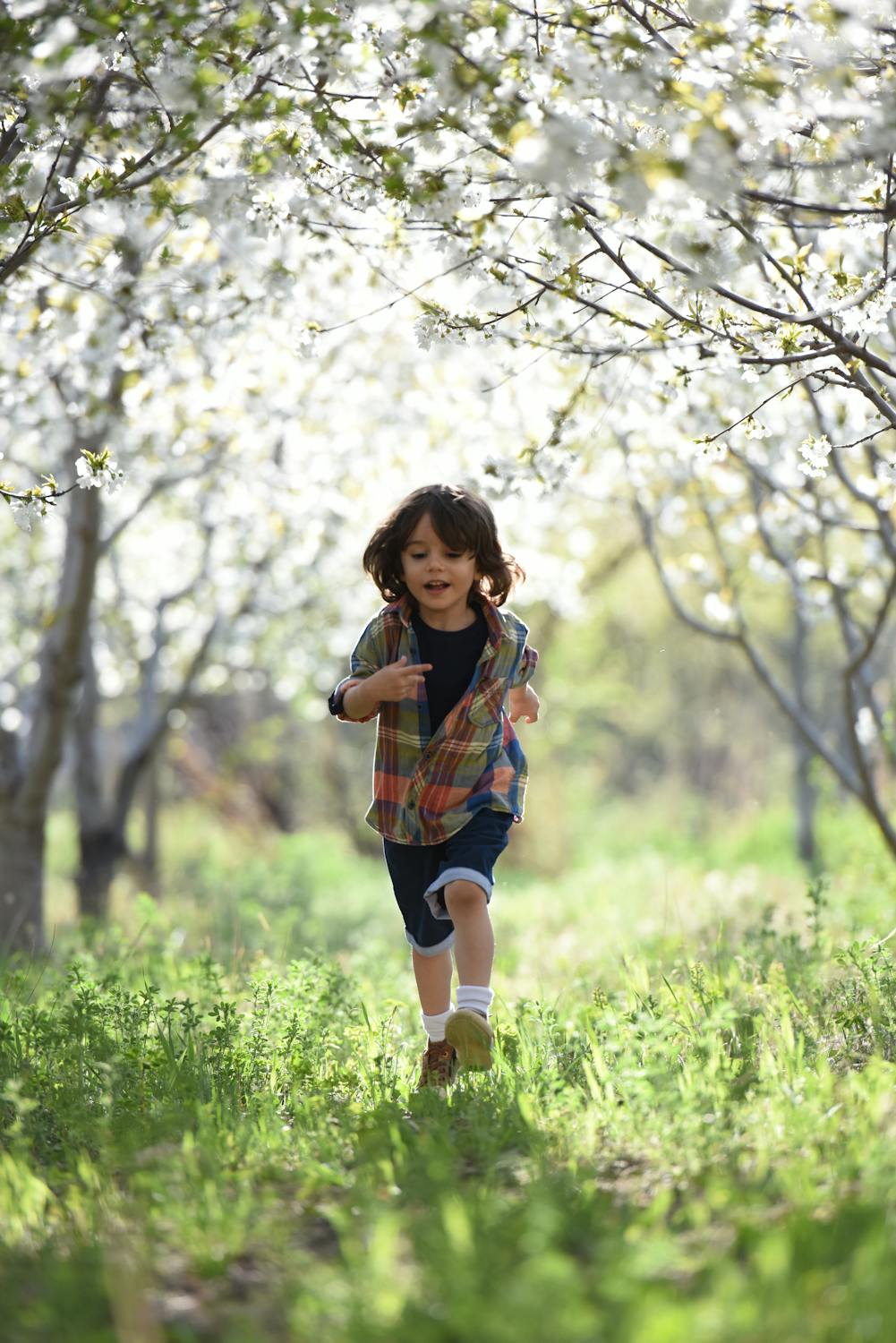May 6-12 is Children’s Mental Health Awareness Week across the United States – an essential time to recognize the importance of nurturing mental health from a young age, check on the mental wellbeing of youth that you know, and empower them to share their thoughts and feelings.
The Importance of Early Mental Health Awareness
Mental health issues are not exclusive to adults; children also face significant mental health challenges that can affect their development and overall quality of life. Approximately one in six U.S. youth ages 6-17 experience a mental health disorder each year, with anxiety, depression, and attention-deficit/hyperactivity disorder being the most common, yet only half of these are diagnosed and treated. Early identification and intervention are critical to managing these mental health concerns effectively and preventing them from escalating. By talking to children about mental health and seeking professional help for any concerning signs or symptoms, it teaches kids from a young age to be open about what they are experiencing and that it is okay to ask for help.
Recognizing Signs of Mental Health Issues in Children
Here are some common signs and symptoms to watch for in youth:
Behavioral Changes
-
Withdrawal: Loss of interest in previously enjoyed activities, or withdrawal from friends and family.
-
Aggression or Irritability: Increased temper tantrums, anger outbursts, or irritability that is not typical for the child’s usual behavior.
-
Changes in School Performance: A sudden drop in grades or disinterest in schoolwork can be a sign of underlying issues.
-
Excessive Worry or Anxiety: Constant worries or fears that interfere with daily activities.
Emotional Symptoms
-
Mood Swings: Severe or rapid changes in mood, such as extreme happiness to intense sadness.
-
Feelings of Worthlessness: Expressing thoughts of self-hate or guilt.
-
Low Energy: Showing signs of fatigue or low energy, even when well-rested.
Physical Signs
-
Changes in Sleep Patterns: Difficulty falling asleep, staying asleep, or sleeping much more than usual.
-
Altered Eating Habits: Significant changes in appetite, either increased or decreased.
-
Physical Complaints: Frequent headaches or stomach aches that do not have a clear physical cause and do not respond to typical treatments.
Cognitive Symptoms
-
Difficulty Concentrating: Problems with focusing on tasks or frequent daydreaming.
-
Decline in Cognitive Performance: Trouble remembering information or making decisions that used to be handled with ease.
Social Symptoms
-
Avoidance of Social Interactions: Preferring to be alone rather than with friends, avoiding social activities they used to enjoy.
-
Trouble Adapting to Social Situations: Difficulty managing the demands of social situations, leading to withdrawal or disruptive behavior.
If you notice several of these symptoms persistently appearing in a child, it might be indicative of a mental health issue. It’s important to check in with them, approaching the situation with sensitivity and seeking professional advice. A mental health professional can provide a comprehensive assessment and recommend appropriate treatment or interventions. Understanding and acting on these signs early can make a significant difference in a child’s mental health trajectory.
Effective Ways to Raise Mental Health Awareness from a Young Age
-
Open Dialogue: Encourage honest and open communication within the family about feelings and mental health. This can help children feel safe and understood, reducing stigma and fostering a supportive environment.
-
Education About Emotions: Utilize educational tools to help children recognize and name their emotions. This is vital for helping them understand and express their feelings in healthy ways.
-
Model Positive Behaviors: Adults should model positive mental health habits including effective stress management and healthy coping mechanisms, setting a practical example for children.
-
Regular Mental Health Check-Ins: Incorporate regular mental health discussions into your family routine, much like other health check-ups, to normalize the conversation about mental well-being.
-
Professional Help: If signs of mental health issues appear, seek advice from mental health professionals promptly. Early intervention is crucial and can include counseling or therapy, which are effective in addressing children’s mental health needs.
Pine Grove Behavioral Health
Pine Grove Behavioral Health is one of the few facilities in the United States that offers an inpatient mental psychiatric program for children, as well as offering outpatient adolescent services. The program offers on-site classroom support to keep children up-to-date with school while providing them with the mental health resources that they need. If you know someone who would benefit from our youth services, please reach out today for more information.
-
Educational Resources: Utilize resources from organizations like the National Institute of Mental Health (NIMH) or the Substance Abuse and Mental Health Services Administration (SAMHSA) that offer materials designed to facilitate discussions about mental health. These can be invaluable for guiding conversations with children about their feelings and experiences.
Children’s Mental Health Awareness Week is a time for parents, educators, and community leaders to focus on enhancing the mental well-being of our children. By engaging in these recommended activities and utilizing available resources, we can make substantial strides in promoting mental health awareness and support among our youth.

